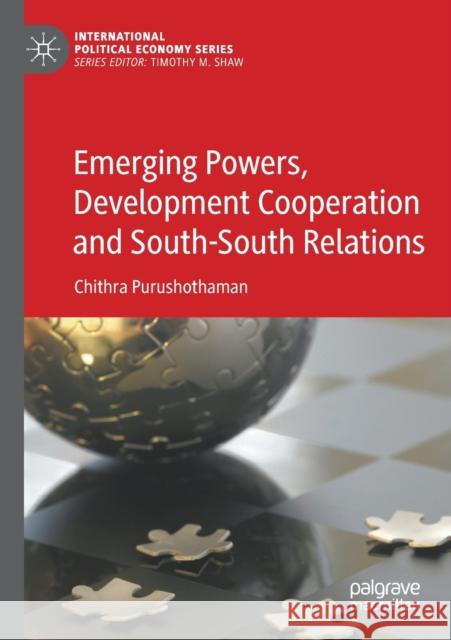Emerging Powers, Development Cooperation and South-South Relations » książka
topmenu
Emerging Powers, Development Cooperation and South-South Relations
ISBN-13: 9783030515393 / Angielski / Miękka / 2021 / 252 str.
Emerging Powers, Development Cooperation and South-South Relations
ISBN-13: 9783030515393 / Angielski / Miękka / 2021 / 252 str.
cena 205,02
(netto: 195,26 VAT: 5%)
Najniższa cena z 30 dni: 192,74
(netto: 195,26 VAT: 5%)
Najniższa cena z 30 dni: 192,74
Termin realizacji zamówienia:
ok. 16-18 dni roboczych.
ok. 16-18 dni roboczych.
Darmowa dostawa!
Kategorie BISAC:
Wydawca:
Springer Nature Switzerland AG
Seria wydawnicza:
Język:
Angielski
ISBN-13:
9783030515393
Rok wydania:
2021
Ilość stron:
252
Waga:
0.30 kg
Wymiary:
21.01 x 14.81 x 1.35
Oprawa:
Miękka
Wolumenów:
01
Dodatkowe informacje:
Wydanie ilustrowane











